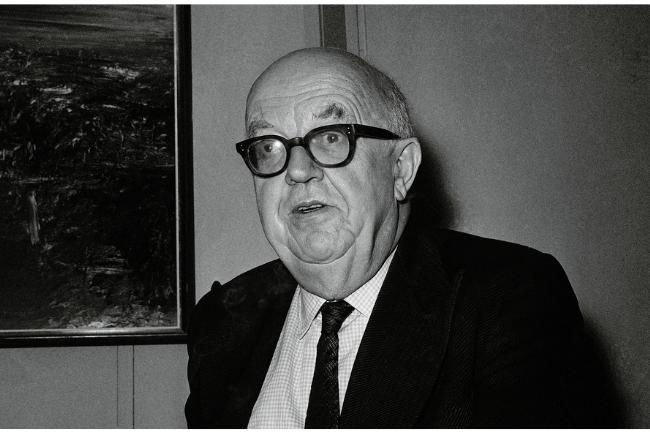Posts com a Tag ‘Cultura Tecno-Científica’
A Way through the Global Techno-Scientific Culture | Sheldon Richmond
C. P. Snow | Imagem: Literary Theory and Criticism
“Plus l’homme est ignorant, plus son obéissance,
plus sa confiance dans son guide est absolue”
Qu’est-ce que la propriété? (Paris, 1840)
Pierre-Joseph Proudhon
Culture and Knowledge under the Technopoly Regime
In his most recent work, A Way through the Global Techno-Scientific Culture, published in 2020, Canadian philosopher Sheldon Richmond addresses essential questions of philosophy of technology and its inevitable political and social implications by characterizing contemporaneity under an autocratic regime marked by subordination to techno-scientific culture. For Richmond, favoured and guided by computer technologies, techno-scientific culture has gradually become predominant since World War II.
Although his book consists of eight parts − the preface, prologue, six chapters, and epilogue − Richmond dispenses with linearity in the reading of his work. Instead, as in a diagram or a mosaic, where components assume autonomy of meaning, the philosopher suggests that his readers establish their criteria, that is, orient themselves by their interests in exploring the work. This approach ensures a dynamic quality of the work. Nevertheless, the subjects treated oscillate around two central axes, maintaining an internal coherence in the sequential structuring adopted or provided by the author. From the preface to the third chapter, “Culture”, Richmond discusses the main problems identified with the enormous contemporary technological sophistication. Thus, for example, in the first chapter, “Mystique”, and the second chapter, “Knowledge”, the philosopher discusses the manipulation of the sense of reality and the subsequent disintegration of stable experience of knowledge derived from what he has termed the “mystique” of computers. With the characterization of the conditions that in his understanding pervert the present, threatening humanism and humanity, the author then provides a path, a proposal for the reform of society. Leia Mais


